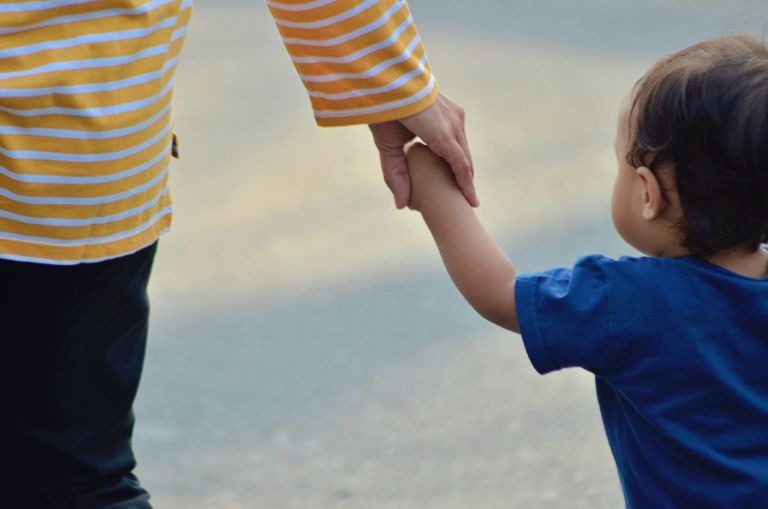Carolina Journal contributor Kristin Blair writes for the Daily Journal that even though trends show teens moving towards total tech immersion, other signs show a building backlash against technology.
What do teens say? Ninety-five percent now own or have access to a smartphone. This marks a 22 percent increase since Pew’s last survey in 2015. Forty-five percent say they’re online “almost constantly,” compared to 24 percent in 2015.
Surveys show that teens like the ability of social media to boost connections and information sharing but do not like the role it plays in bullying and spreading rumors.
Savvy teens, including one 16-year-old girl I interviewed, understand it promotes a curated alternate reality. “It’s like everyone putting out their best selves, their picture-perfect selves.”
Research and data are mixed. Social media can strengthen friendships and encourage advocacy. But heavy use is linked with depression, anxiety, low self-esteem, and lower-quality sleep. Girls are especially vulnerable to ill effects.
Many teens, six in 10, have taken breaks from social media. Sixty-five percent of those breaks were taken voluntarily to “reset and recalibrate” because social media use was interfering with school work or creating drama.
I reached out to another 16-year-old girl, who quit Snapchat for 18 months, to find out why. “I was starting to become way too focused on my appearance,” she says. “This actually started to affect my mood, as my self-confidence decreased dramatically.” She stepped away, she says, because “there are many more important issues in the world and … in my life that don’t involve my appearance.”
Read the rest of Kristin’s article here to see more research behind technology use in teens and children and what educators and parents have to say about it.


